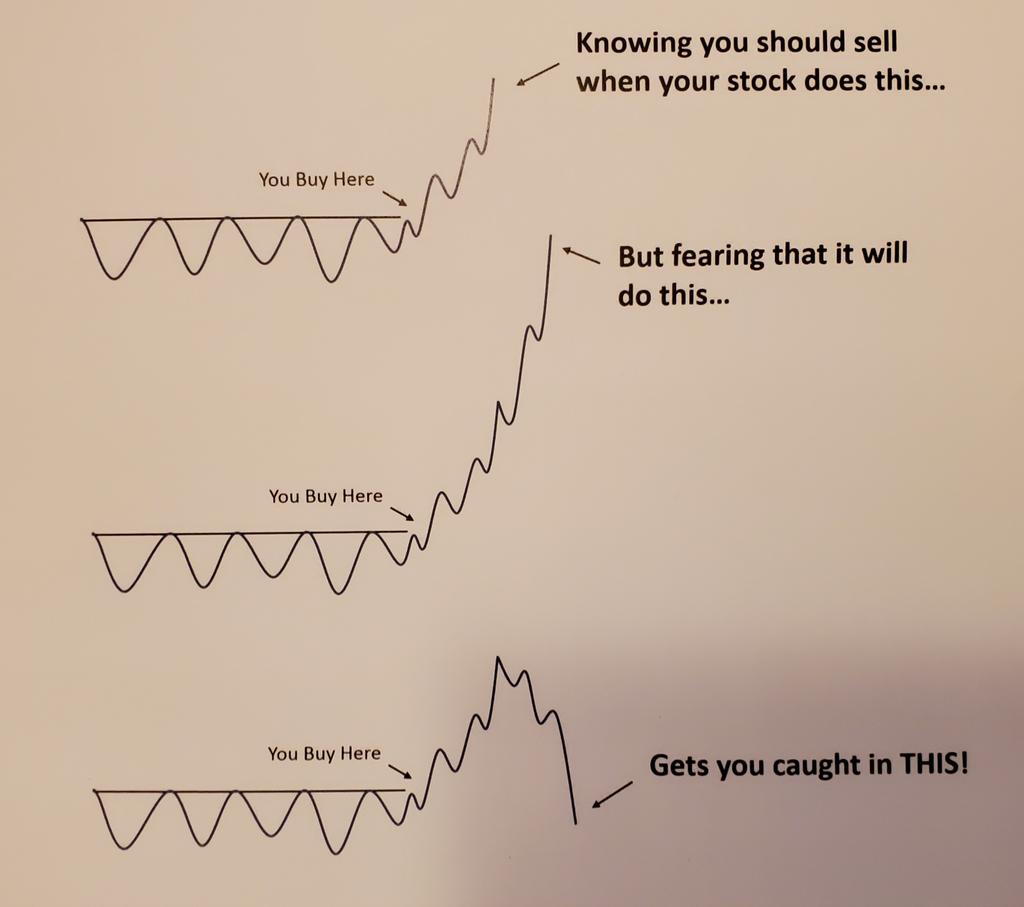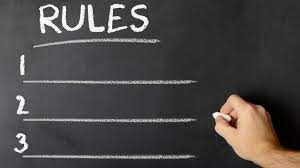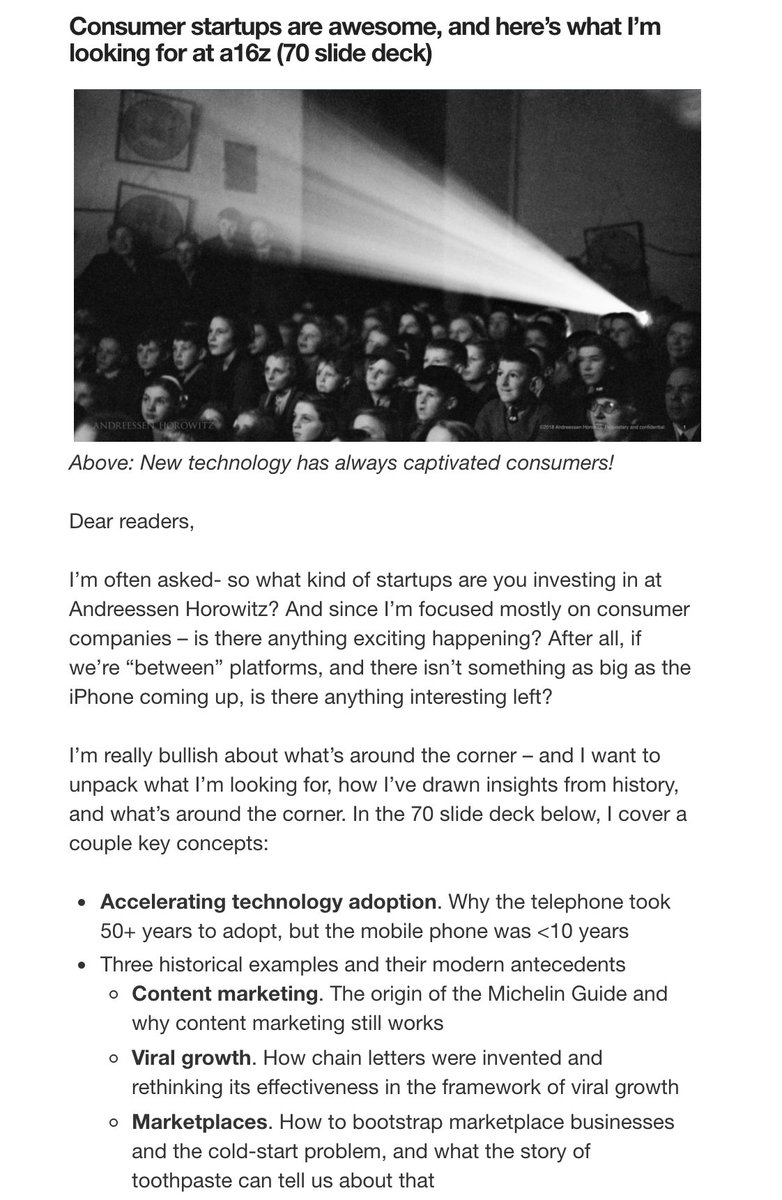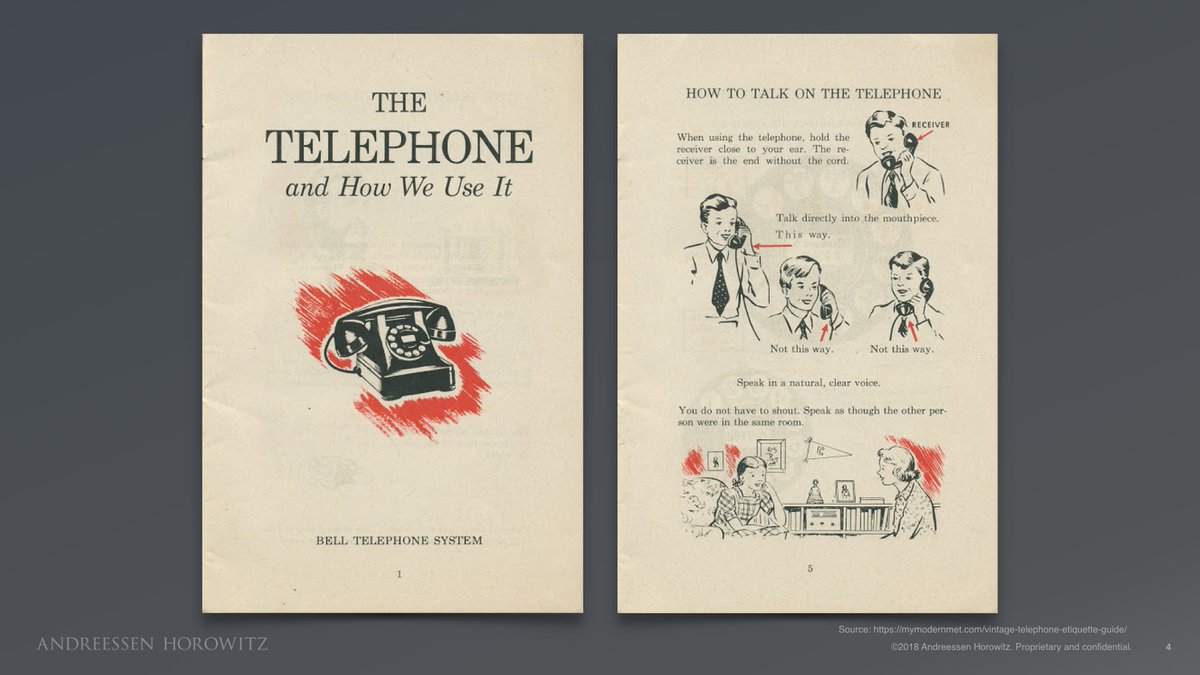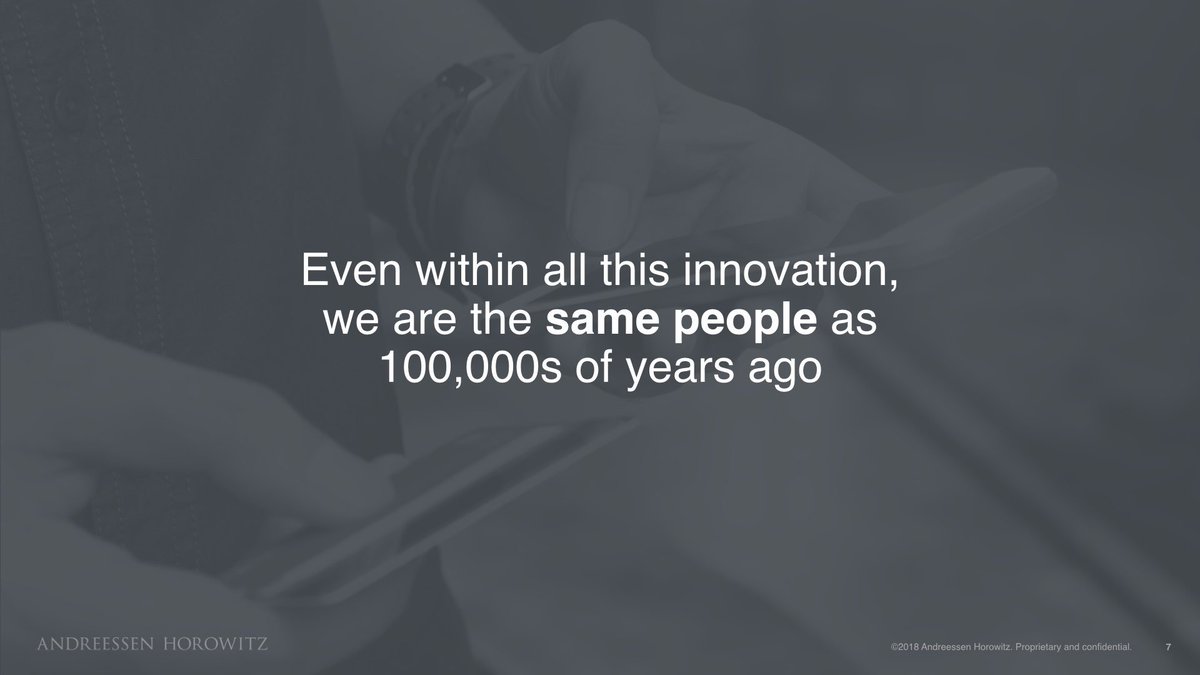My strategy may not be the best there is, but I know every little thing about it.. and that's more important.. and that's why I can reap great rewards from it. You don't find a great strategy that delivers great results, you develop as the operator of a strategy.
More from Mark Minervini
More from Markminervinilearnings
Not every trade works out for me. Far from it! I lose half the time. But EVERY trade is a good play at the time, because my risk is always a fraction of my likely reward. And that's the secret... I always get odds on my money. In trading, that's the definition of a "good choice."
In any performance business the bottom line is winning, hitting the goal, getting the job done. Winners do what they have to do to win. Losers make excuses why they didn't perform. A way to win and a way to lose ALWAYS exists. It's a matter of the quality of the choices we make. pic.twitter.com/RXvu4o4FBC
— Mark Minervini (@markminervini) April 15, 2021
Key attributes of my trading this year:
1. Concentrated positions
2. Selective use of Leverage
3. High turnover
4. Super tight risk control
5. Selling into strength
6. Big positions almost exclusively directional
7. De-risking trades and free rolling often
1. Concentrated positions
2. Selective use of Leverage
3. High turnover
4. Super tight risk control
5. Selling into strength
6. Big positions almost exclusively directional
7. De-risking trades and free rolling often
JUST RELEASED - April U.S. Investing Championship results YTD - https://t.co/mN2Kl28gqh
— Mark Minervini (@markminervini) May 19, 2021
You May Also Like
Took me 5 years to get the best Chartink scanners for Stock Market, but you’ll get it in 5 mminutes here ⏰
Do Share the above tweet 👆
These are going to be very simple yet effective pure price action based scanners, no fancy indicators nothing - hope you liked it.
https://t.co/JU0MJIbpRV
52 Week High
One of the classic scanners very you will get strong stocks to Bet on.
https://t.co/V69th0jwBr
Hourly Breakout
This scanner will give you short term bet breakouts like hourly or 2Hr breakout
Volume shocker
Volume spurt in a stock with massive X times
Do Share the above tweet 👆
These are going to be very simple yet effective pure price action based scanners, no fancy indicators nothing - hope you liked it.
https://t.co/JU0MJIbpRV
52 Week High
One of the classic scanners very you will get strong stocks to Bet on.
https://t.co/V69th0jwBr
Hourly Breakout
This scanner will give you short term bet breakouts like hourly or 2Hr breakout
Volume shocker
Volume spurt in a stock with massive X times

